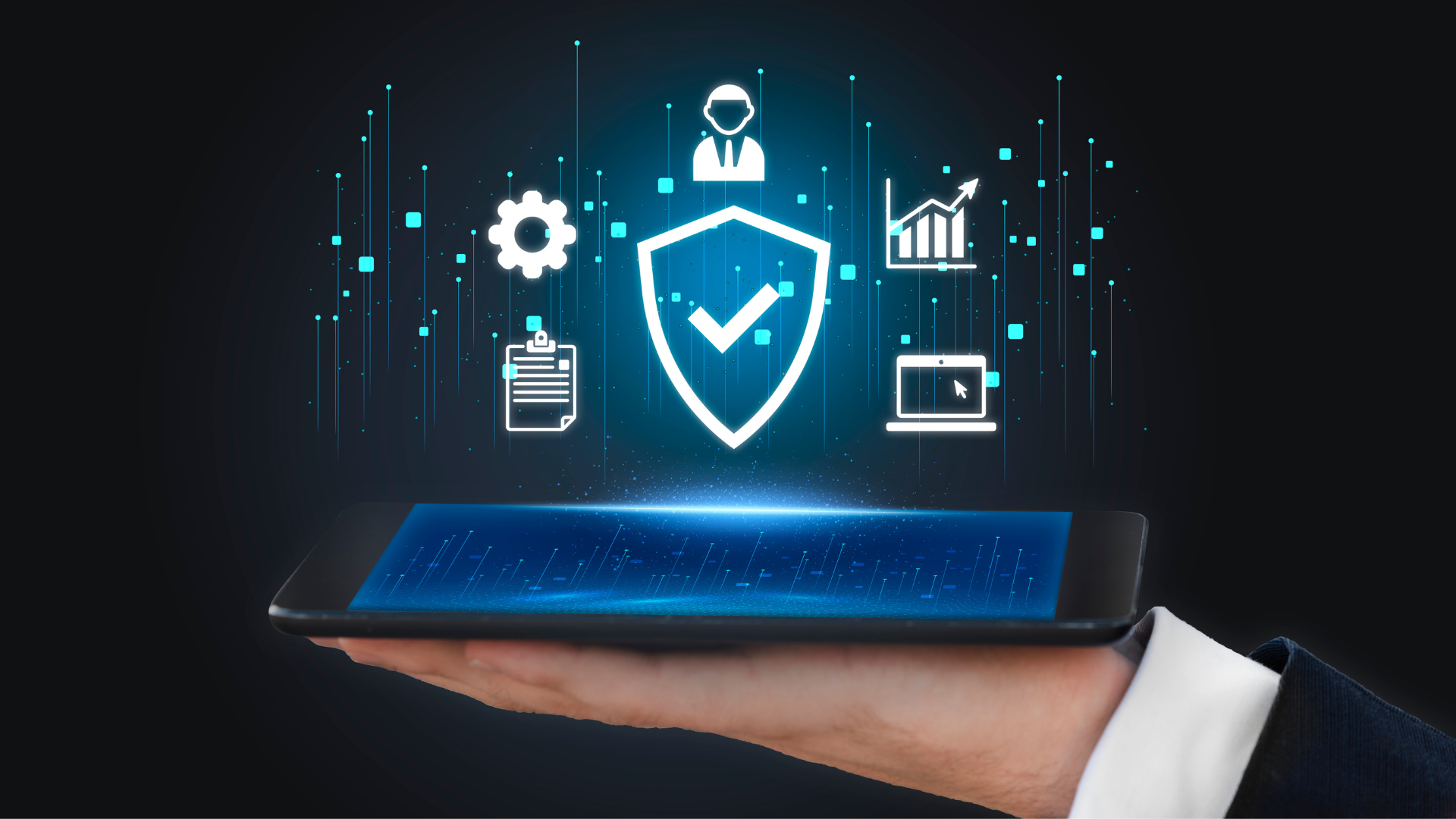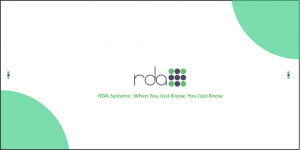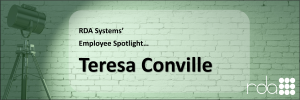How to Enhance Cybersecurity and Protect Sensitive Data
In an era where cyber threats loom larger than ever, especially for local governments and K-12 school districts, safeguarding sensitive data has become a paramount concern. These entities, integral to the fabric of our society, find themselves at a crossroads needing to fortify their cyber defenses amidst a landscape of increasing digital dangers.
This article delves into the unique cybersecurity challenges faced by small local governments and educational institutions, offering actionable strategies to enhance their cybersecurity measures and protect the sensitive data they hold.
Understanding the Threat Landscape
The cyber scene is experiencing a surge in the number and sophistication of threats, ranging from ransomware attacks to phishing schemes – all aimed at exploiting vulnerabilities in our digital defenses.
The Vulnerability of Local Governments and Schools
Local governments and school districts are enticing targets for cybercriminals due to the wealth of sensitive information they possess, from personal identification details to financial records. A study highlighted by the Center for Internet and Society at Stanford University notes that these entities are considered “soft targets,” often lacking the resources to effectively counter cyberattacks.
A number of recent incidents highlight the real threat posed to public entities:
- In 2019, Baltimore faced a ransomware attack that disrupted its city services for weeks, illustrating the tangible risks of inadequate cybersecurity measures.
- Atlanta’s 2018 ransomware attack resulted in a $17 million recovery cost, underscoring the severe financial impacts of cyber vulnerabilities.
- The 2017 WannaCry outbreak affected over 200,000 computers across 150 countries, including many public sector organizations, emphasizing the global scale of cybersecurity threats.
Any vulnerability in the systems of organizations that manage public services not only jeopardizes the privacy and security of citizens but also the functionality of essential services.
The Economic Impact of Cybercrime
The financial implications of cyberattacks are staggering, with a projected annual cost to the global economy reaching $10.5 trillion by 2025 as reported by ICMA. For local governments, the repercussions of data breaches extend beyond immediate financial loss, affecting public trust and the ability to provide critical services.
Election Security as a Microcosm
With the 2024 United States presidential election on the horizon, the spotlight on cybersecurity has intensified, particularly around election security. This serves as a poignant reminder of the broader cybersecurity challenges and opportunities facing state and local governments as they endeavor to protect the integrity of the electoral process and more.
Strategies for Enhancing Cybersecurity
Taking proactive steps is key to strengthening cybersecurity defenses in the face of these challenges. A comprehensive approach, integrating both technology and human factors, is essential for building resilient systems.
Cybersecurity Training for Employees
One of the most effective defenses against cyber threats is a well-informed workforce. Regular training sessions can equip employees with the knowledge to recognize and respond to potential cyber threats, from phishing attempts to malware attacks. This proactive approach to cybersecurity empowers staff and educators, turning them into the first line of defense against cyber intrusions.
Some forward-thinking organizations have already taken action:
- Los Angeles Unified School District implemented a comprehensive cybersecurity training program for its staff, significantly reducing susceptibility to phishing attacks by raising awareness and understanding of cyber threats.
- In Texas, government entities must annually certify their compliance with cybersecurity training requirements.
- The Cyber Security Agency of Singapore (CSA) has launched a program to provide foundational and targeted cybersecurity training for non-cybersecurity professionals to equip individuals with essential cybersecurity skills relevant to their work.
Upgrading Technology Infrastructure
Investing in modern cybersecurity technologies and infrastructure is crucial for local governments and school districts. This commitment goes beyond merely acquiring the latest security software and hardware. It necessitates a comprehensive and proactive approach to maintaining and enhancing digital defenses, including assessing the following aspects of your current technology:
- Endpoint Protection: Use software to protect devices (like laptops and mobile phones) from cyber threats. Think of it as a bodyguard for each device, stopping harmful malware or hackers.
- Secure Firewalls: Install barriers that keep out unauthorized users. Imagine a firewall as a gatekeeper, deciding who gets to enter or leave your network.
- Intrusion Detection Systems: Set up systems that monitor network traffic for suspicious activity. It’s like having a security camera that alerts you if someone is trying to sneak in.
- Regular Software Updates: Keep all systems up to date to fix security holes. Think of updates as health check-ups that keep your systems strong and immune to attacks.
- Advanced Security Software: Utilize software that can predict, detect, and respond to cyber threats in real-time. This is akin to having a futuristic security system that not only alerts you of burglars but also prevents them from entering.
These features help in creating a robust cybersecurity infrastructure, safeguarding sensitive data and systems from potential cyber threats. But the work’s not done once the software is acquired. Keeping technology current entails not only the adoption of advanced security software and hardware, but also ensuring that existing systems are regularly updated to patch vulnerabilities and fend off attacks.
Implementing Robust Data Protection Policies
Developing and enforcing strict data protection policies is another cornerstone of an effective cybersecurity strategy. These policies should govern how sensitive information is stored, accessed, and shared, minimizing the risk of unauthorized access and data breaches.
For instance, enforcing multi-factor authentication and encryption can significantly enhance data security. Further steps include regular security audits and restricting access to sensitive data on a need-to-know basis to further bolster data protection practices.
Engaging Cybersecurity Experts
For many local governments and school districts, the complexities of cybersecurity necessitate external expertise. Collaborating with cybersecurity consultants or leveraging resources offered by state and federal agencies can provide the specialized knowledge and support needed to enhance cyber defenses. These services aren’t beyond the grasp of smaller municipalities. They often participate in shared services agreements or join state-managed cybersecurity programs to gain access to resources and expertise they could not afford on their own.
Building a Safer Future
Enhancing cybersecurity and protecting sensitive data in today’s digital age requires a multifaceted approach. For local governments and K-12 school districts, the solution involves not only adopting advanced technological solutions but also fostering a culture of cybersecurity awareness and vigilance. By implementing these strategies, these entities can not only safeguard their digital assets but also reinforce their role as stewards of public trust and safety.
Looking to enhance your institution’s cybersecurity, but not sure where to start? RDA Systems offers expert consulting and solutions tailored to meet the unique challenges faced by schools and local governments. Discover how our expertise can help you build a safer, more secure future. Contact us today to learn more.





